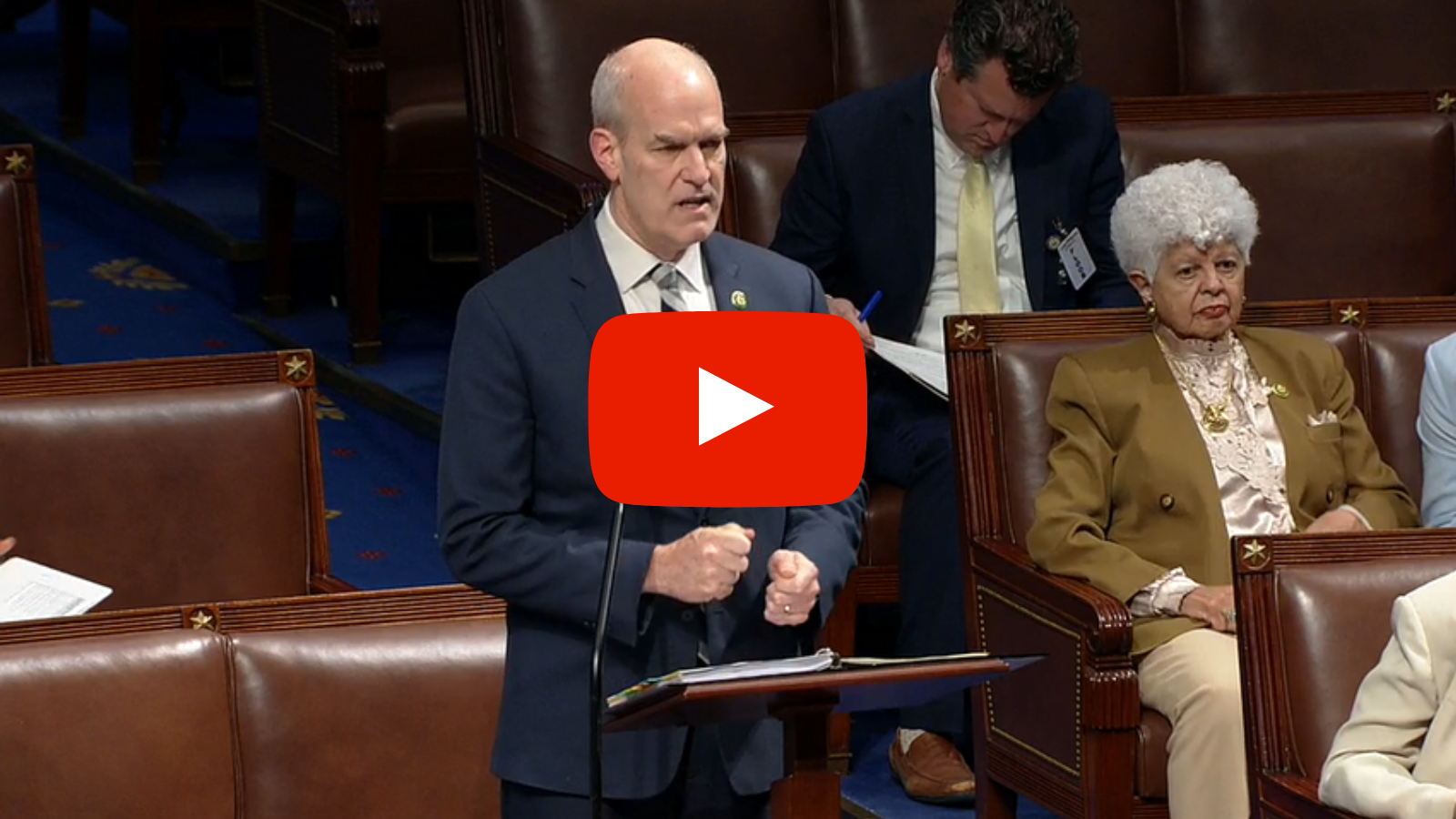Washington, D.C. – Today, Ranking Member of the House Committee on Transportation and Infrastructure Rick Larsen (D-WA), Ranking Member of the Subcommittee on Water Resources and Environment Grace F. Napolitano and other members of the Committee spoke in opposition to the Polluters Over People Act during debate on the House floor. Members criticized the bill for enriching oil and gas corporations at the expense of clean air and water in communities across the country.

To view the video, click here.
Read the full remarks, as written, below:
I yield myself such time as I may consume.
I rise today to speak in support of clean water and the Clean Water Act and in opposition to H.R. 1, the Polluters over People Act.
Clean water is a basic human right—the health and safety of our communities and the success of our economy depends on it.
House Democrats stand for clean water.
Last Congress, we passed a historic and bipartisan investment in our nation’s infrastructure through the Bipartisan Infrastructure Law. The BIL included almost $13 billion in clean water infrastructure upgrades and is creating jobs in communities across America.
The Clean Water Act, passed in 1972, is one of the most successful environmental laws in our nation's history. It has protected our rivers, lakes, and streams from pollution and contamination, ensuring that we have access to clean and safe water.
Section 401 of the Clean Water Act allows states to review projects that could impact their water quality. For 50 years, states have used this authority to protect their water resources, and it has helped them ensure that projects move forward only if clean water would not be compromised as a result.
The Republican proposals to narrow the scope of section 401 review in H.R. 1 are a misguided effort at permitting reform. By limiting the ability of states to review projects, we are sacrificing the health of our communities and our environment for the sake of expedience and profit.
I recognize the majority’s interest in ensuring that permitting requirements are not insurmountable barriers to investment.
I share the goal of speeding up project delivery.
Last Congress, I supported not only the BIL but also the CHIPS Act and the Inflation Reduction Act.
These laws showed what Congress is capable of when it focuses on addressing the real needs of American families.
I want these laws and their investments to be successful.
However, to quickly put these investments to work, we need a robust partnership between the federal government and its state and local partners to address state and local requirements and ensure community buy-in before these investments are implemented.
To be effective, that process must build on mutual trust between the parties because any effort to force that process often results in opposition, delay and litigation.
Yet H.R. 1 misses the mark by stifling local participation and buy-in, which will only result in projects taking longer to implement.
In fact, state organizations, such as the Western States Water Council, believe that placing arbitrary and strict limits on section 401 application review times and processes will require states “to issue an increased number of denials, due to inflexible deadlines that do not accommodate state public engagement laws or allow sufficient time to gather adequate information on project impacts.”
I urge my colleagues to reject H.R. 1 and efforts to weaken the Clean Water Act and our nation’s other bedrock environmental laws. We must protect our water resources for future generations and for the health of our communities.
Thank you, and I reserve the balance of my time.
--30--
